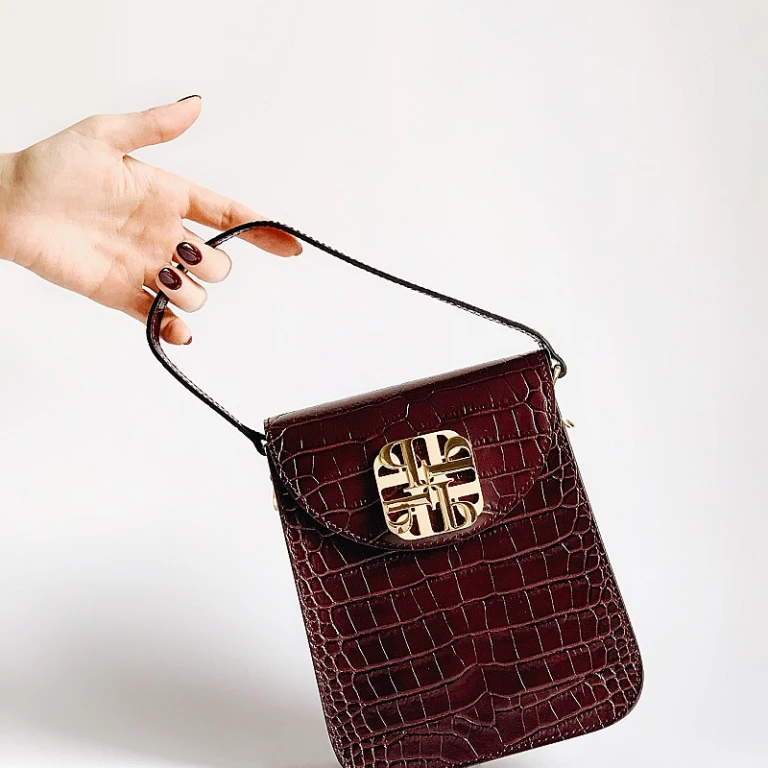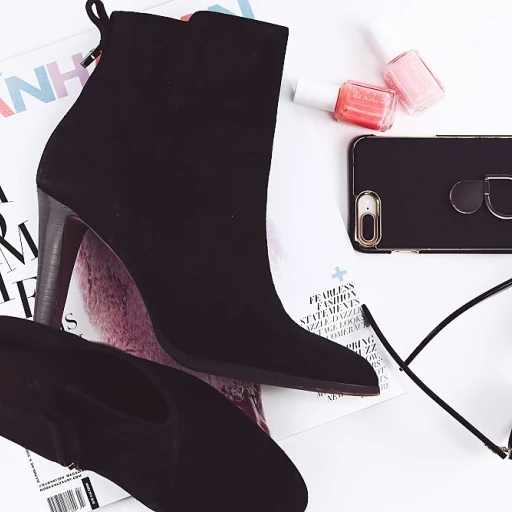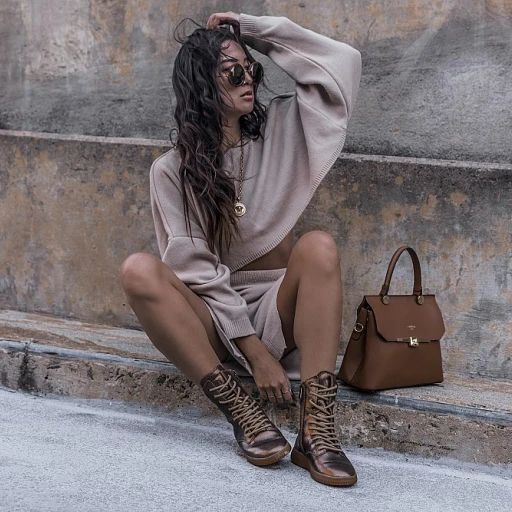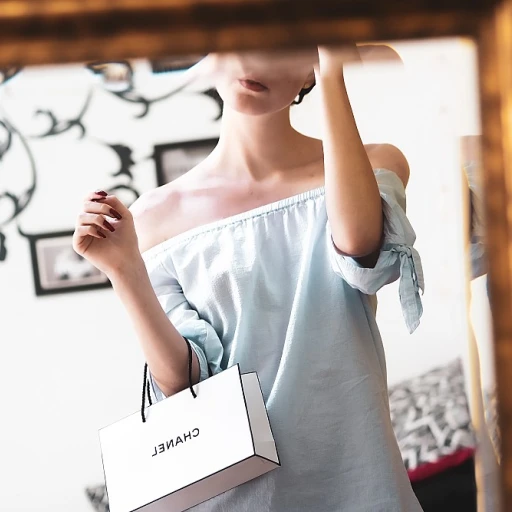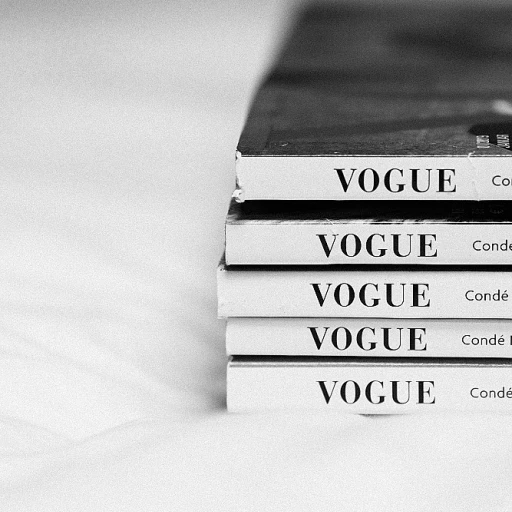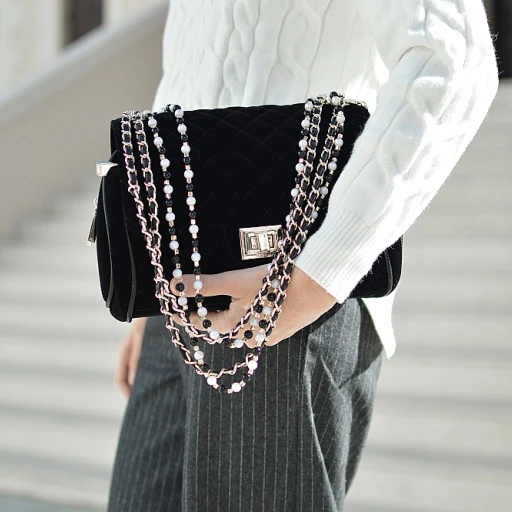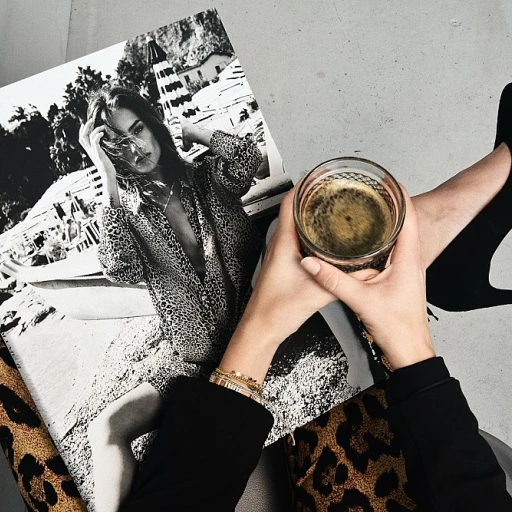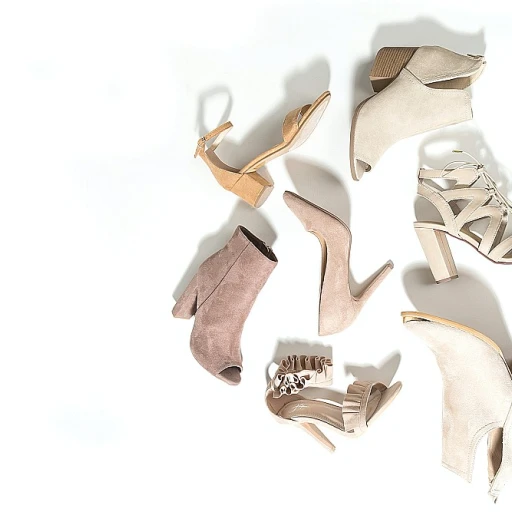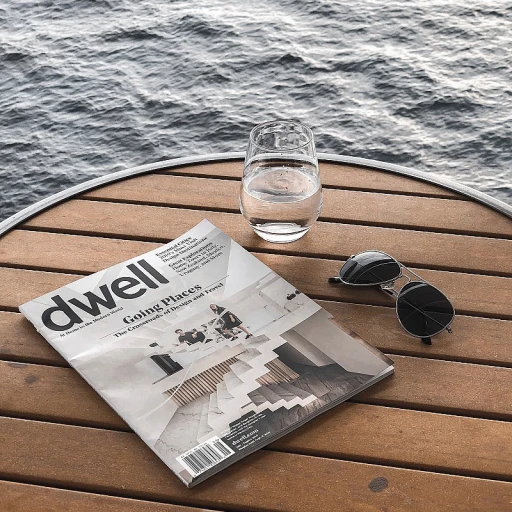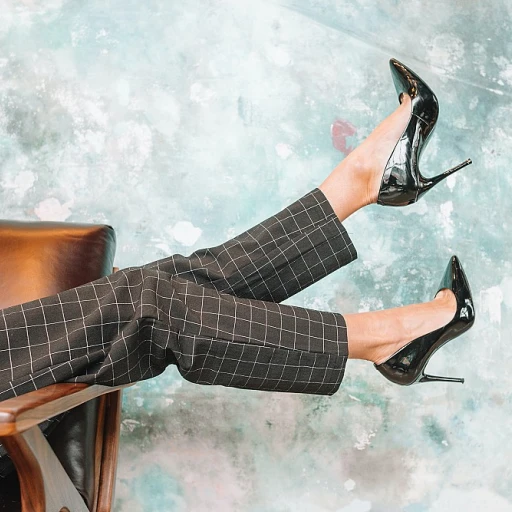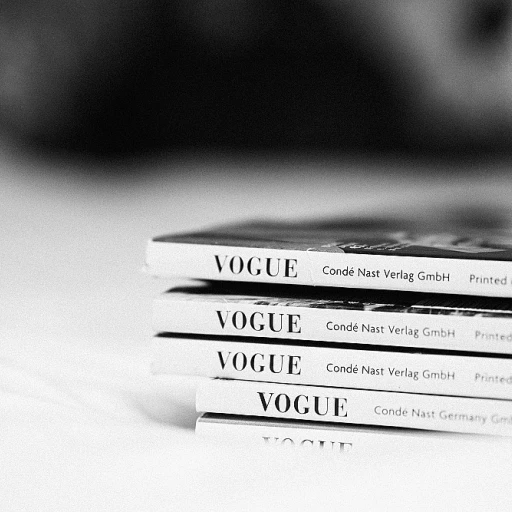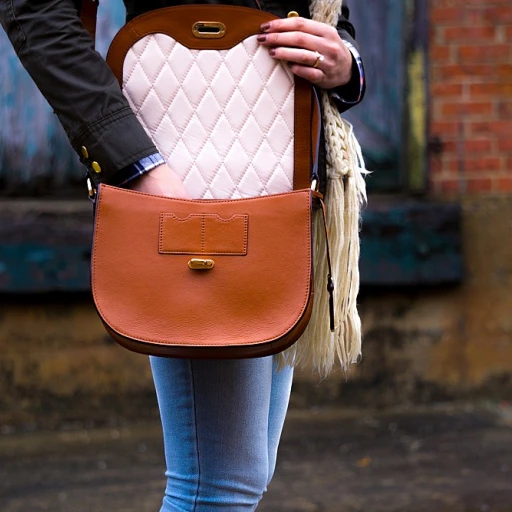
Historical Context of Female Clergy Attire
A Glimpse into the Past
The evolution of female clergy attire is a fascinating journey that mirrors broader societal changes. Historically, women in religious roles often adhered to strict dress codes that emulated the traditional male clergy robes. These garments typically consisted of long black or white robes, frequently adorned with a tab collar, which symbolized their piety and dedication to their faith. In earlier times, women clergy were limited in their attire options, facing societal and religious constraints. Choices often involved long sleeve robes or dresses that maintained modesty and uniformity in religious settings. The clergy shirts and collar clergy options were vital in distinguishing religious leaders, although there was little variability in design or color beyond the traditional black and white. While the primary focus was on modesty and demonstrating devotion, clergy attire for women also had the unintentional effect of reinforcing gender roles within religious communities. This historical context highlights the significance of overcoming these limitations to embrace more modern ways. Today, female clergy can explore a myriad of designs, shapes, and colors. From conservative designs to more daring options, attire for women in clergy has expanded significantly. Designers now offer a variety of clergy robes, dresses, and shirts that cater to individual preferences and modern trends, including more vibrant colors like red and purple. For those interested in delving further into fashion's rich tapestry, a look at iconic fashion elements can be enlightening for context and understanding how clothing aesthetic has evolved in different sectors.Significance of Attire in Religious Settings
The Role of Fashion in Religious Ceremonies
When it comes to religious ceremonies, attire plays a pivotal role in conveying reverence and respect. Female clergy members often find themselves at the intersection of tradition and modernity, where their clothes not only symbolize their sacred roles but also enhance their presence in the congregation. The choice of attire is crucial in such settings as it aligns with religious norms while offering personal expression.
Clergy attire often follows specific guidelines, with robes and dresses being predominant choices for women. These pieces come in a variety of colors such as white, black, red, or purple, each holding distinct religious symbolism. For instance, the pristine purity associated with a white clergy dress could highlight celebrations, while black robes may reflect solemnity.
Not only do these garments represent spiritual commitments, but they are also specially designed with elements like the tab collar and long sleeves. Women's clergy shirts often incorporate designer buttons for a subtle sophistication, balancing formality and fashion.
Moreover, it's crucial to consider the practical aspects such as comfort and the ability to perform during long ceremonies. The quick shop options available offer a variety of price points, ensuring accessibility without compromising quality.
The role of fashion in these settings extends beyond functionality, serving as a bridge to connect the past traditions with the contemporary demands of clergy wardrobes. By selecting from a range of attire options, including the perfect clergy shirt or dress black robe, female clergy can embrace their spiritual duties with both grace and confidence.
Modern Trends in Clergy Fashion
Contemporary Styles: Tailoring Modern Clergy Fashion
The evolution of clergy attire reveals a shift from traditional, uniform designs to more varied, inclusive options. Modern trends in clergy fashion reflect a blend of tradition with contemporary elements, allowing women clergy to express individuality while maintaining the sanctity of their roles. Recent years have seen an increase in vibrant color palettes beyond the classic black and white. Ladies seeking clergy dresses now have options in red and purple, allowing for personal style within their attire without compromising on the reverence of their position. Additionally, the traditional tab collar, often perceived as a staple in clergy shirts, now comes with designer buttons and various sleeve lengths, offering a fresh take on an established look. Many women clergy require both functionality and aesthetics in their wardrobe, choosing attire that easily transitions from a formal service to more casual church activities. Quick shop selections such as Tally Taylor provide diverse clergy robe options, ensuring that comfort meets elegance. Incorporating longer robes with tailored fits, they balance tradition and modern sensibility. Options like the clergy shirt and clergy dress not only present varied aesthetic choices but also cater to differing budgets. Whether opting for a dress black, dress white, or a mix of both, clergy women can find attire women collections that address their personal and financial preferences. With a range of price points, these offerings highlight affordability without sacrificing style. The emergence of designers focusing on clergy attire and the variety of designer buttons, colorful robes, and elegant collar clergy selections demonstrate both the evolving landscape of women clergy fashion and an acknowledgment of their unique role. For those interested in a broader overview of current fashion trends and innovative designs, exploring the creative world of NYC's fashion designers offers further insights into how modern fashion intersects with traditional elements.Challenges Faced by Female Clergy in Fashion
Navigating the Challenges in Clergy Fashion for Women
For women in clergy, attire is more than a mere uniform; it is a symbol of their spiritual office and a statement about their presence in traditionally male-dominated roles. However, choosing appropriate and meaningful clothing can present distinct challenges.
The demand for both practicality and tradition in women clergy attire often leads to limited options. Unlike their male counterparts, women may find it difficult to locate clergy robes or dresses that accommodate their style, body type, and the rich symbolism associated with clergy attire. Many women seek garments with suitable sleeve lengths, quality tab collars, and tasteful designs but may not find these elements readily available in standard clerical collections.
Furthermore, the color palette restriction commonly faced in clergy circles, favoring hues such as black, white, red, and purple, can sometimes limit women’s personal expression within their religious roles. Although these colors hold deep religious significance, they may not always align with the individual’s personal preferences.
Another factor is price. Searching for well-crafted clergy dresses that do not compromise on affordability can be a daunting task in itself. Brands like Tally Taylor offer options that cater to these needs, but not without a quick shop strategy or flexibility in expectations.
Lastly, there is an ongoing struggle to balance modernity with traditional expectations. While some congregations appreciate contemporary attire choices, others might favor conventional clergy shirts with designer buttons or classic robes. This disparity can lead women clergy to choose attire that feels outdated but deemed more acceptable by their religious communities.
Despite these challenges, the increasingly diverse demands of women clergy are gradually encouraging more brands and designers to innovate in this sector. The goal remains to provide women clergy with robes and dresses that honor their religious calling while embracing their individuality and authority.
Designers and Brands Catering to Female Clergy
Designers Embracing Clergy Fashion
The fashion industry has increasingly recognized the unique needs of female clergy, leading to a rise in designers and brands that cater specifically to this niche. These designers understand the importance of creating attire that is both respectful of religious traditions and reflective of modern fashion sensibilities.
One of the key elements in clergy attire is the clergy robe. Designers are now offering a variety of robes in different colors, such as white, black, red, and purple, allowing women to choose options that suit their personal style while adhering to their religious requirements. The use of high-quality fabrics and thoughtful design elements, such as designer buttons and intricate embroidery, add a touch of elegance to these garments.
Brands like Tally Taylor have become popular for their stylish yet affordable clergy dresses. These dresses often feature long sleeves and tab collars, providing a balance between tradition and contemporary fashion. The availability of clergy shirts and clergy dresses in various sizes and styles ensures that every woman can find something that fits her needs.
Moreover, the rise of online platforms has made it easier for women clergy to quick shop for their attire. Many brands offer a range of clergy shirts and clergy robes at different price points, making it accessible for all budgets. The option to choose from a wide array of designs and colors has empowered women clergy to express their individuality while maintaining the dignity of their role.
As the demand for specialized clergy attire continues to grow, it is likely that more designers will enter this space, offering innovative solutions that respect the traditions of the past while embracing the trends of the future.
